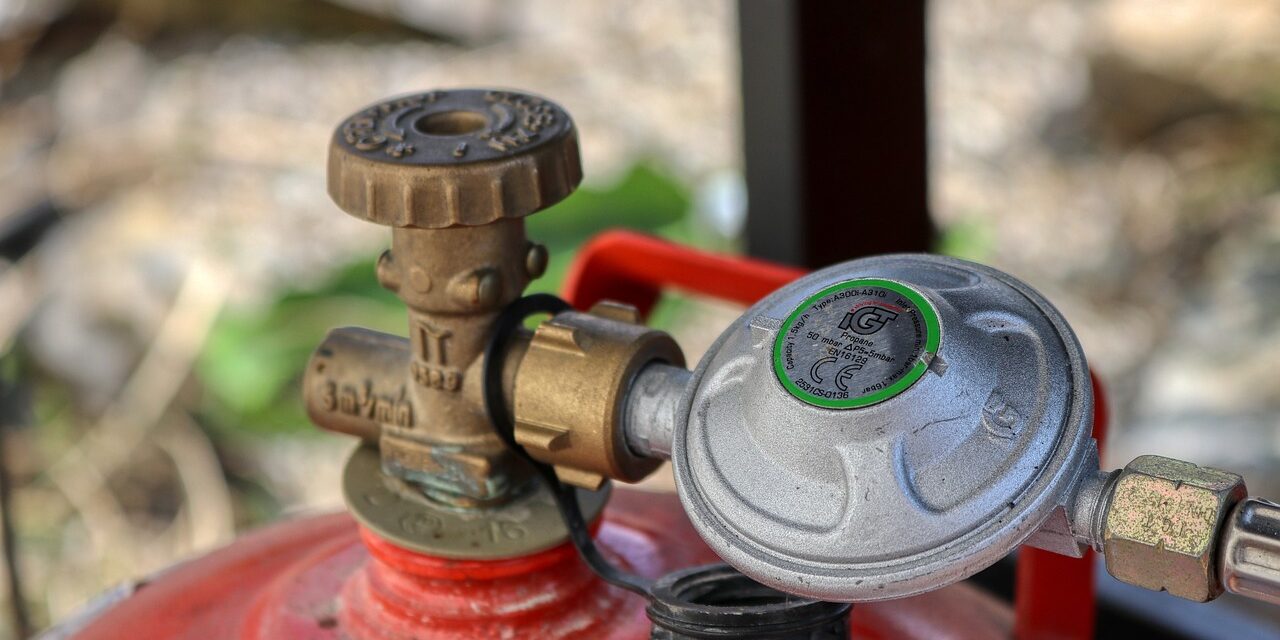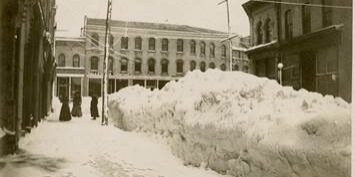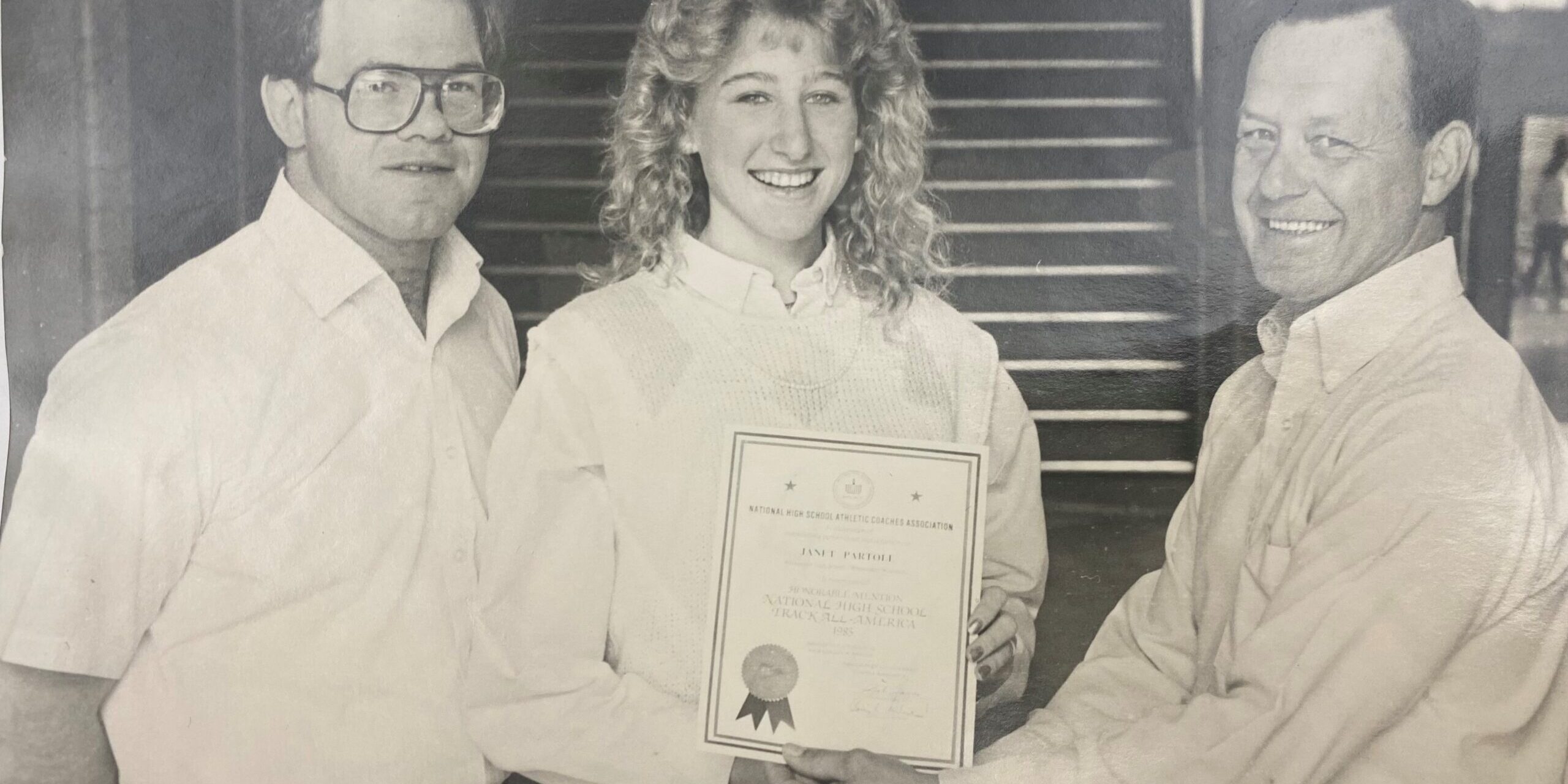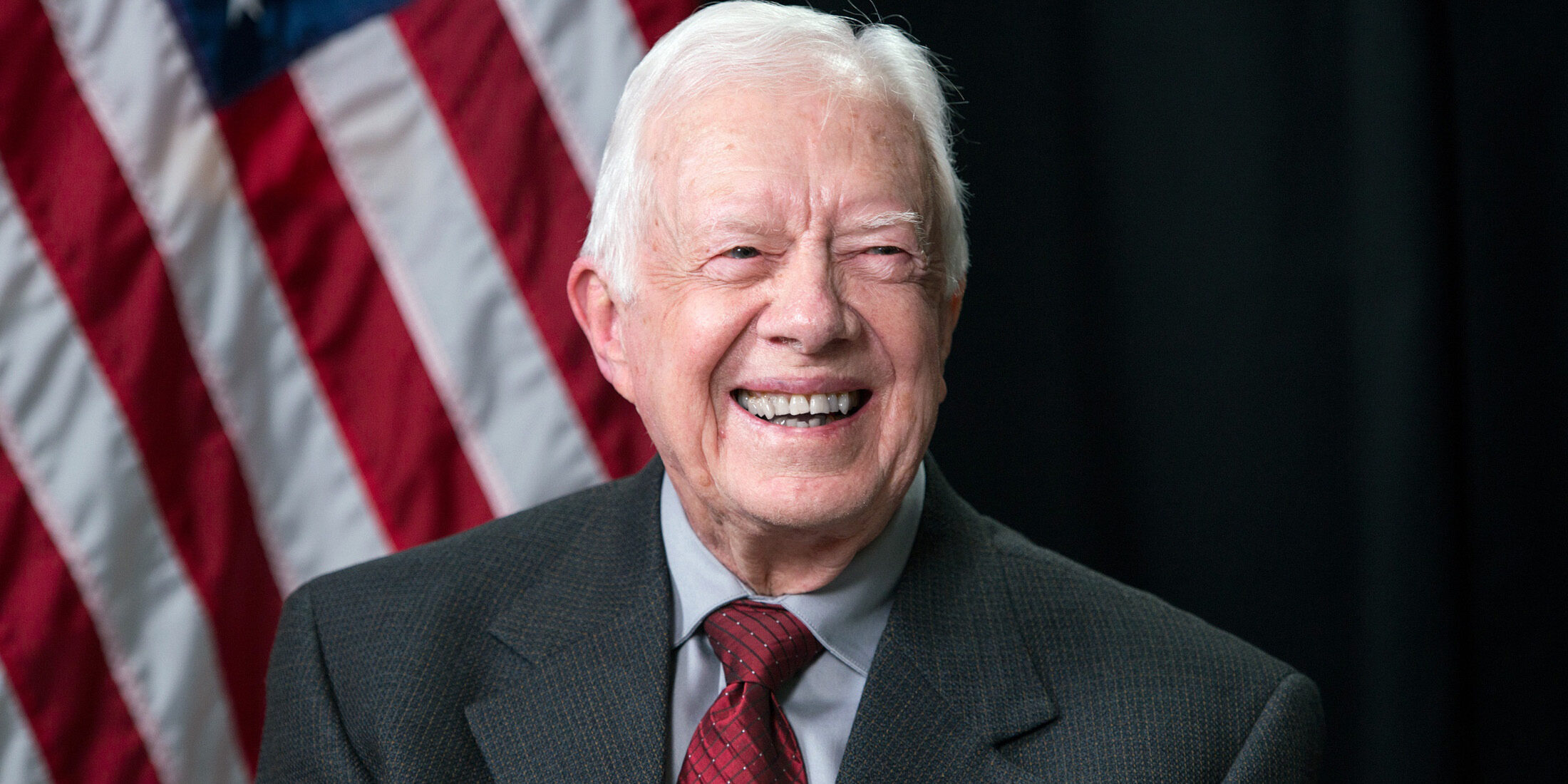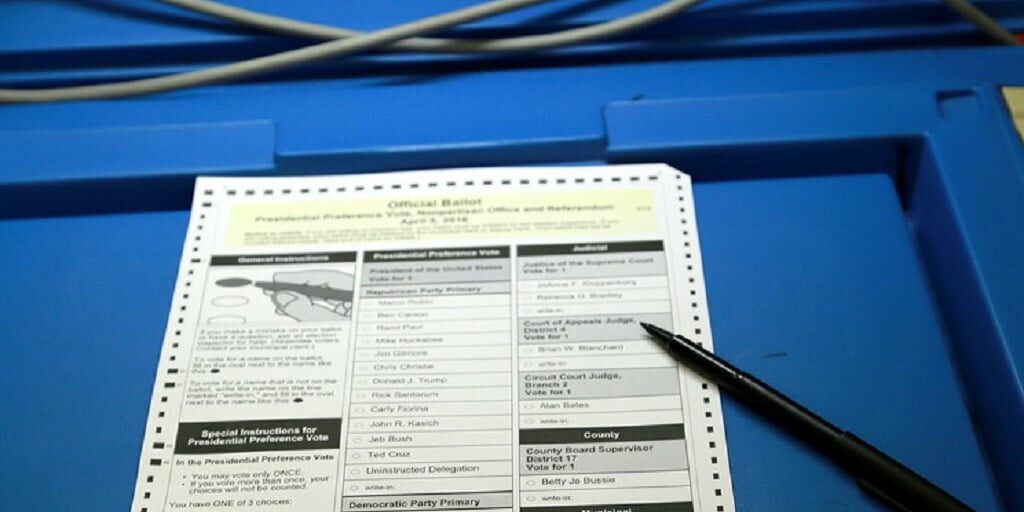By Lynn Binnie
Whitewater Banner volunteer staff
whitewaterbanner@gmail.com
The partisan primary election takes place this Tuesday. There will be only one polling place for the city in this election, the Downtown Armory at 146 W. North Street. As always, the polls are open from 7 a.m. to 8 p.m. If they didn’t vote in person for the spring election, voters will notice two significant changes from previous years. Instead of there being the usual four check-in tables, there will be only two divisions, one for Jefferson County residents and the other for Walworth County. Once a voter arrives at their county section, they may approach any poll worker (officially called an election inspector) who is sitting at a Badger Book. These electronic devices are replacing the paper poll books. The voter is still required by law to state their name and address and provide their driver license or other photo ID. Rather than signing in ink, the signature will be provided on the electronic screen. This may be done either by using the provided stylus or with a finger. The signature must be written entirely within a box on the screen. Never fear, the signature need not bear any resemblance to one’s usual signature. From there, the process will be essentially the same as before, except that the voter will be provided a receipt that indicates the style of paper ballot which they are to be issued at the next table. The ballots will be marked by the voter in the same fashion as previously.
UPDATE: One major change: All absentee ballots will be counted at the Municipal Building. Anyone wishing to deliver their absentee ballot on election day must come to the Community Room, first floor, by 8 p.m. Absentee ballots will not be accepted at the Armory.
Here is a link to a brief video from the City of De Pere which provides an excellent introduction to the Badger Books. As is shown in the video, the Badger Books will also be used to register new voters or to enter changes of address. Our voters will, however, be directed to a separate station for this purpose. After the voter is registered or their address is changed, the same poll worker will provide the receipt that they need in order to obtain their ballot.
By entering your address at this site you may see what will be on your ballot.
Walworth County
In the partisan primary for Walworth County are the following races: U.S. Senator, Representative in Congress, and Representative to State Assembly. Walworth County also has the following races: District Attorney, County Clerk, County Treasurer, and County Register of Deeds. There are no contested races on the Democratic, Constitution, Libertarian, or Wisconsin Green ballots, but there are several contested races on the Republican ballot: U.S. Senator, Representative to the Assembly, and County Register of Deeds. Voters may cast a ballot for any party, as long as they do not “cross over.”
Jefferson County
In the partisan primary for Jefferson County are the following races: U.S. Senator, Representative in Congress, and Representative to State Assembly. Jefferson County also has the following races: District Attorney, County Clerk, County Treasurer, and County Register of Deeds. There are no contested races on the Democratic, Constitution, Libertarian, or Wisconsin Green ballots, but there are two contested races on the Republican ballot: U.S. Senator and Representative in Congress. Voters may cast a ballot for any party, as long as they do not “cross over.”
Voter Guide
The League of Women Voters Area has published its online Voter Guide for federal and state offices on the VOTE411.org platform. The League’s Voter Guide on VOTE411.org is a source of nonpartisan candidate information where voters can go to read candidates’ responses to the League’s questionnaires. By visiting the site (click on “Find What’s On Your Ballot”), you will be able to compare their answers, which are posted verbatim. The League encourages voters to start their candidate research before they cast their ballot so they are informed voters on Election Day.
Constitutional Amendments
State of Wisconsin Delegation of Appropriation Power Referendum – QUESTION 1
QUESTION 1: “Delegation of appropriation power. Shall section 35 (1) of article IV of the constitution be created to provide that the legislature may not delegate its sole power to determine how moneys shall be appropriated?”
Yes
No
State of Wisconsin Allocation of Federal Moneys Referendum – QUESTION 2
QUESTION 2: “Allocation of federal moneys. Shall section 35 (2) of article IV of the constitution be created to prohibit the governor from allocating any federal moneys the governor accepts on behalf of the state without the approval of the legislature by joint resolution or as provided by legislative rule?”
Yes
No
The State Democracy Research Initiative at the University of Wisconsin Law School has provided an analysis of the impacts of the two amendments, together with arguments for and against the amendments. This analysis may be seen here.










